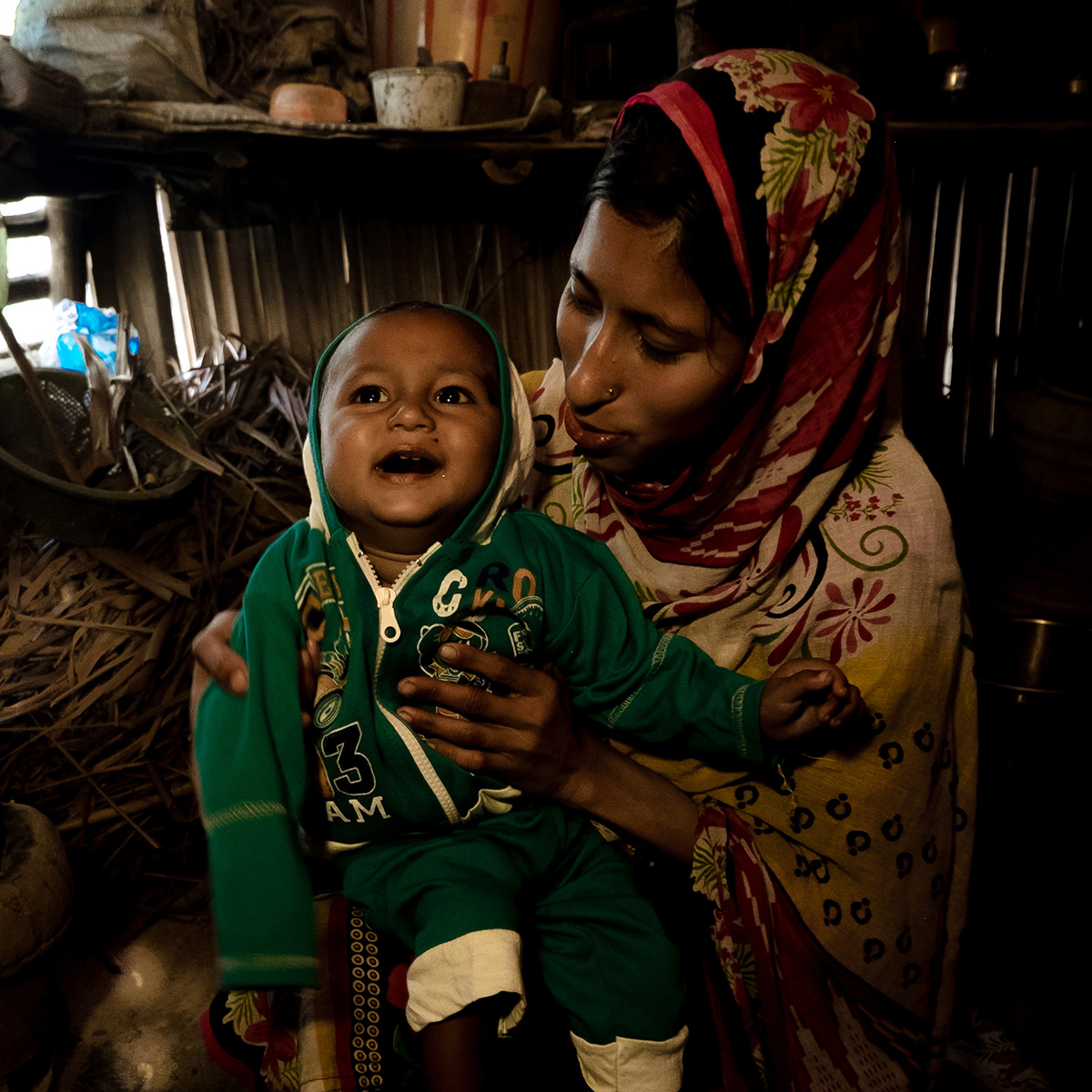A University of Queensland-developed program has proven successful in improving outcomes for infants with Cerebral Palsy (CP) in low- and middle-income settings.

The clinical trial, conducted in West Bengal, India, examined the efficacy of LEAP-CP (Learning through Everyday Activities with Parents) versus an equal dose health advice program.
Dr Kath Benfer, from UQ’s Child Health Research Centre, said babies with mild forms of CP enrolled in LEAP-CP had significantly better mobility following the program.,
“Caregivers of babies with moderate to severe CP had significantly better parenting competence and mental health as well,” Dr Benfer said.
“LEAP-CP identifies babies in their first year of life, fast tracks them to specific interventions based on international clinical practice guidelines, and harnesses the power of the local community by upskilling local women as peer trainers.
“Children with CP living in low- and middle-income countries are among the most disadvantaged globally, accounting for 80 per cent of cases worldwide.
“They often have poorer functional outcomes because they are typically diagnosed later and have limited access to support and intervention.”
Cerebral Palsy is a group of conditions resulting from a lesion to the developing brain, leading to limitations to movement, speech, eating and overall development.
As part of the multi-site, randomised control trial, researchers enrolled infants aged 12-40 weeks and screened them for their risk of CP using gold standard tools.
The baby and their family had 15 fortnightly home visits by a peer-trainer, where parents were supported to build on their skills as their baby’s first and best teacher through targeting active motor training, responsive caregiving, and CP Learning Games.
“LEAP doesn’t just focus on improving the baby’s motor skills, it is a package of interventions that support movement, cognition, feeding/nutrition, communication, play, and creating a learning environment tailored to the baby,” Dr Benfer said.
“We also support the mental health of caregivers, looking at depression, anxiety and stress,”
A unique component of LEAP-CP is the emphasis on building relationships with the caregiver, and directly and indirectly supporting their mental health.
The positive results of improved motor skills and improved parenting outcomes, support the further development and roll out of this low-cost, scalable program.
The program is currently being culturally modified and scaled-up in First nations Australia, Georgia and Sri Lanka to improve outcomes with infants with CP and their families.
The study is published in Pediatrics.



